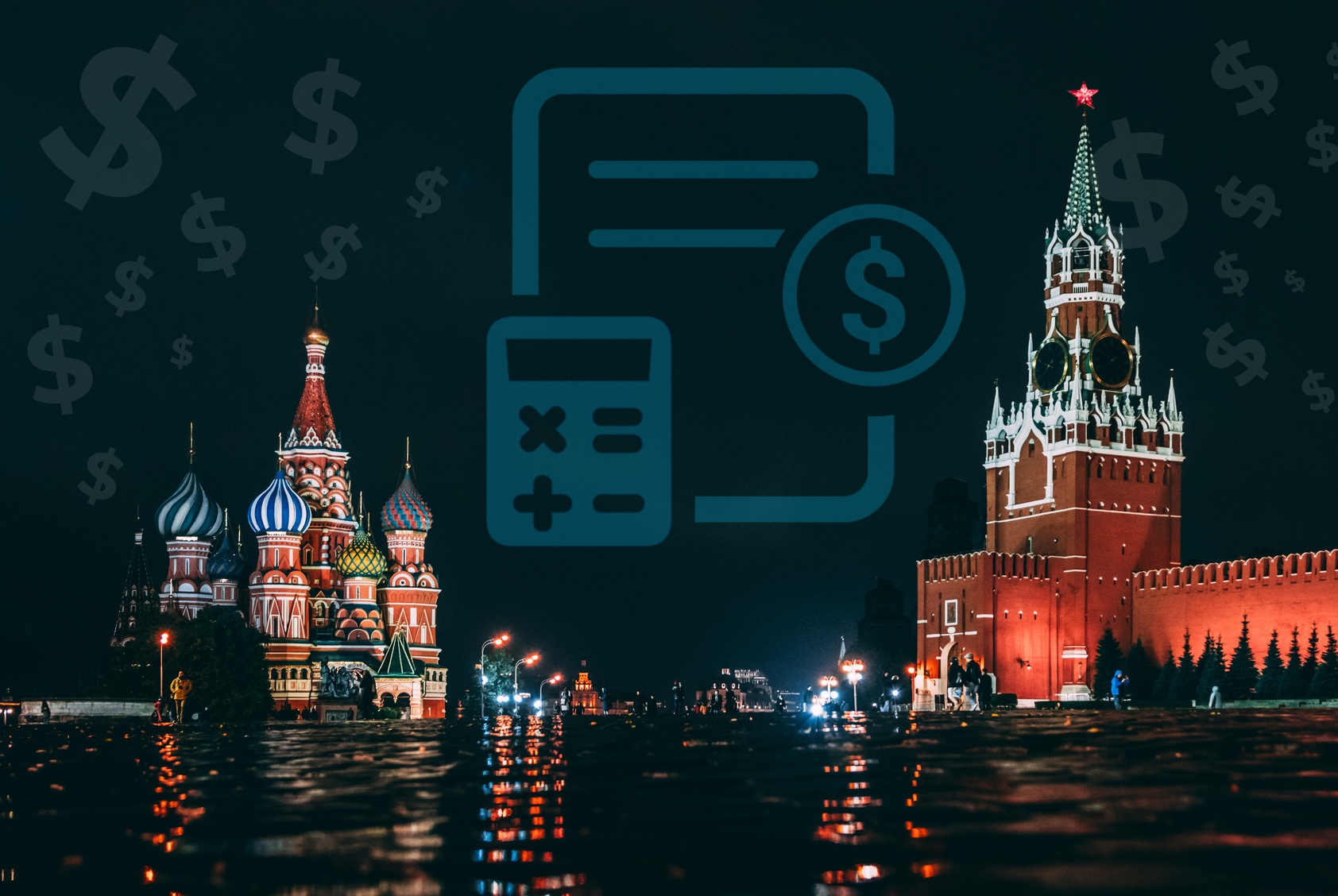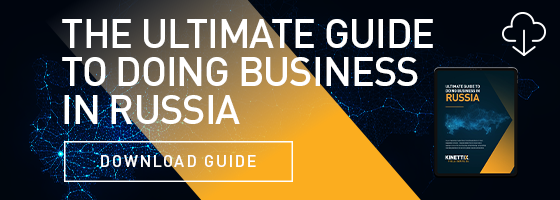Russia can be a lucrative place to do business. You have your telecom or retail game in perfect form, and you’re ready for Russia, right? You aren’t ready if you don’t have a good bookkeeping plan in place. It doesn’t matter how amazing your product or service is: If you don’t have an accounting plan in place, doing business in Russia will be like stepping into a blender.
The rules regarding accounting and taxes in Russia can put a chill on the hottest businesses. According to Russia Beyond: “There is a need to not only understand the local market characteristics and legal requirements but also be able to build up a management and reporting system that will meet the interests of both the headquarters abroad and the local unit.”
The article goes on to say: “With rapidly changing legislation, the main difficulty for companies is parallel maintaining of accounting, management and tax accounting. Even residents of Russia are faced with the complexities of parallel accounting and tax accounting.”
One of our business sources in Russia tells us that often, homegrown companies will shy away from doing commerce with international customers simply because they don’t want to go through the hassles of accepting international payments and wading into the bureaucracy that entails.
One of the best bits of advice we can give is to just not even bother trying to dive into the Russian accounting market yourself. Partner with a local accounting agency in Russia that is up to date on the ever-shifting laws and landscape to help you with compliance.
You wouldn’t attempt to fix the pipes in a building you owned in France, you’d hire a local plumber. Logical. You can’t sort through Russian tax law from afar. Hire a local. Working with a Global Field Tech services company that partners with tax experts is an even more efficient way to go.
Here are three accounting and tax issues that you and your partners can expect to encounter in Russia:
1. A Tale of Two Russias
The United States has the Internal Revenue Service (IRS) to contend with, and Russia has the Federal Tax Service (FTS). Partnering with a local Russian accounting firm can help you deal with the rules and complicated tax codes of the FTS.
But if you are an IT or telecom seeking to do business in Russia, let’s clarify something: There’s Russia, and there’s Skolkovo.
OK, Skolkovo is in Russia, but many of the commonalities end there. Skolkovo, officially known as the Skolkovo Innovation Centre, is a 125-square-mile district on the western edge of Moscow that has been set up solely as a tech incubation center.
If you can secure a spot in Skolkovo, you’re going to be treated to a completely different tax and tech experience than if you plunge elsewhere into Russia. Perks of doing business in Skolkovo include:
- A zero percent tax on income from shares of Russian hi-tech firms.
- Customs duties on import equipment bound for Skolkovo are waived or reimbursed, and visa procedures for foreign workers have been streamlined.
There is a whole menu of tax concessions available to those who are doing business in Skolkovo as Russia is trying to induce innovation in its IT, medical, nuclear, and informational sectors. Other tax goodies include:
- Exemption from profit tax.
- Exemption from value-added tax (except for VAT paid for the import of goods to the Russian Federation).
- Exemption from corporate property tax.
- Reduced rate on insurance premiums – 14 percent.
- Reimbursement (exemption from payment) on customs duty and VAT on goods imported for the construction and equipping of facilities at Skolkovo or for research activities at Skolkovo
You can read a whole menu of benefits and accounting perks enjoy in this look at the “tech zone” versus other areas in Russia.
Think of Skolkovo as the Russian equivalent of China’s, “one nation, two systems” policy in Hong Kong in a not so much a political sense as a taxation and regulatory sense. All of these special rules are meant to spur Skolkovo along as a Russian “Silicon Valley.”
2. Accounting and Tax Tips for the Rest Of Russia
While Skolkovo is an accounting oasis for those tech sectors that can plant their flag there, for other companies, it’s just not practical. If you want to establish retail outlets in Vladivostok or St. Petersburg, a prime tax zone on the edge of Moscow doesn’t do you a lot of good. 
So that accounting doesn’t hinder your great retail or IT work, here are some things to remember:
- Our sources in Russia highly recommend that you establish a legal presence in Russia before doing business. Again, that is something your local partner can help with. If the amount of volume you’ll be doing simply doesn’t justify it, then partnering with a similar Russian entity makes the most sense. Trying to do business solo in Russia from afar doesn’t make sense, so don’t.
- Russian tax law favors the establishment of an OOO (limited liability company) because Russian courts are better equipped to handle disputes between business entities rather than individuals.
- Register your business with the Federal Tax Service of Russia (FTS); otherwise, it won’t be recognized as a legal entity.
- Russia does require rudimentary capital of 10,000 roubles, or approximately $175. (If you don’t have $175, you shouldn’t be doing business in Russia.)
3. Branch Office or Representative Office?
It sounds like semantics, but the difference in what you establish has implications in Russia from a tax standpoint.
Branch Office: A branch office is an establishment that is engaging in some sort of commerce that involves selling or manufacturing a product, generating sales, etc.
Representative Office: This is an office maintained for advocacy, education, lobbying, or other types of outreach that don’t include commerce.
Still, even the most seasoned experts agree that the line between the two can be murky. Why is it relevant? Because the larger issue is when your business is considered a “Permanent Establishment,” which is defined in Russian law as an “affiliate, representation, department or bureau, an office, agency or any other set-apart subdivision or other place of activity” of a foreign organization which is engaged in “business activities.” Once you are considered a permanent establishment, all sorts of Russian tax code mechanisms kick in.
For more information, we recommend Deloitte’s “Doing Business in Russia.”
There’s a lot of opportunity for retail and tech deployments in Russia. The journey, however, will be far smoother if you partner with an experienced entity that can help your company navigate the ever-shifting tax code and aid you in complying with Russian accounting best practices.






